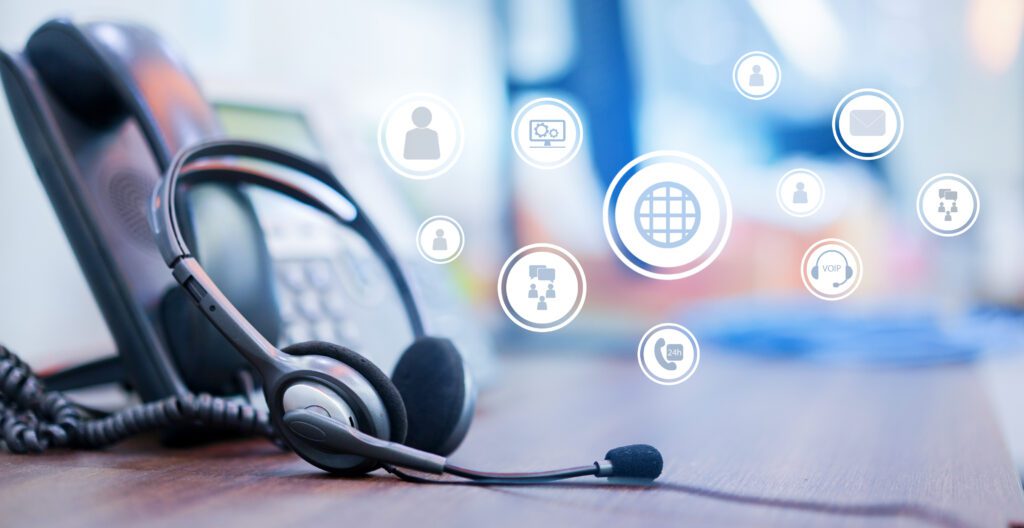Suicide Prevention Hotline Adopts Simple Three-Digit Number
by TERESA SCHIFFER
It’s a sad fact that suicide is one of the leading causes of death in the U.S. Although rates have declined in recent years, as of 2020 (the most recent year for which data is available from the CDC), suicide was within the top 10 causes of death for every age group between 10 and 64 years old. More than 45,900 Americans took their own lives in 2020.
Suicide prevention is complex, as there are so many factors that can play a role in an individual’s decision to end their life, and these factors can vary greatly from person to person. Any step that we can take as a society to help lessen the suffering both leading to and caused by suicide is a move in the right direction.
On July 16, the Federal Communications Commission designated “9-8-8” as a simple, three-digit mental health hotline that can be called or texted to make it easier for people experiencing a crisis to get help.
The National Suicide Prevention Lifeline’s traditional 10-digit toll-free number that has served the nation for the past two decades will still work, but now it will be able to address general mental health issues. It was in 2001 that the Substance Abuse and Mental Health Services Administration (SAMHSA) first established 1-800-273-TALK (8255) as a nationwide phone number that could be used at any time to contact a local crisis center.
The new number will make it simpler to reach a compassionate, qualified person who wants to help in times of difficulty. Anyone can call or text the number at any time, day or night, and reach a trained crisis counselor. People who are not in crisis themselves but who are concerned about someone they care about are also encouraged to call 988 to receive support.
The original toll-free number will continue to function, with calls from 988 being routed to the same network of more than 200 crisis centers currently serving the National Suicide Prevention Lifeline. There is an option for veterans, active service members, National Guard and Reserve members, and those who support them to press “1” after dialing 988 to be connected directly to the Veterans Crisis Lifeline.
Local mental health professionals are pleased with the potential for the new system to improve access to care. Many people who may need immediate crisis care hesitate to reach out for assistance due to a fear of being involuntarily committed to a mental health facility. Licensed Mental Health Counselor Mary Joye, who works as a solution-focused therapist in Winter Haven, understands the pain and trepidation a person can experience when they need help but don’t know where to turn.
“So many people, particularly in Florida where there is a fear of immediately being Baker Acted for mentioning the word suicide, will be greatly alleviated by a hotline person who is trained to understand the imminent danger of a person taking their life and ideation,” Joye explains. “Being handcuffed or restrained when someone is suicidal and putting them in lockdown for three days is many times more traumatizing than whatever it is that led them up to wanting to take their life.”
The National Suicide Hotline Designation Act of 2020 established “988” as a universal phone number for the express purpose of providing mental health and crisis support with the goal of preventing suicide. The FCC then adopted rules requiring all phone companies and text message providers to route all calls and text messages to 988 to the 988 Suicide and Crisis Lifeline. Establishing this centralized point of contact for those needing help reflects the commitment of the FCC to saving lives by connecting those in need with the appropriate intervention services.
Dr. Joy Jackson, director of the Florida Department of Health in Polk County, expresses her endorsement of the update, saying, “It’s great to see the nation coming together to make changes that will impact our communities on a local level. The 988 Suicide and Crisis Lifeline will make a huge difference in caring for the mental health of our residents.”
Jackson says she thinks the 988 Suicide and Crisis Lifeline will directly impact the lives of residents.
“Mental health is an incredibly important indicator of the overall health of a community,” she says, “and we look forward to seeing the positive effects.”
Candace Barnes, chief operating officer of Peace River Center, emphasizes that the new system will not impact the locally operated crisis line currently managed by Peace River.
“Peace River Center’s crisis hotline will still be in existence and give access to our local mobile response team 24/7,” Barnes says. “Peace River Center’s line has been expanded to include text at 863-204-3443, and chat via a computer browser (www.PeaceRiverCenter.org/chat).”
